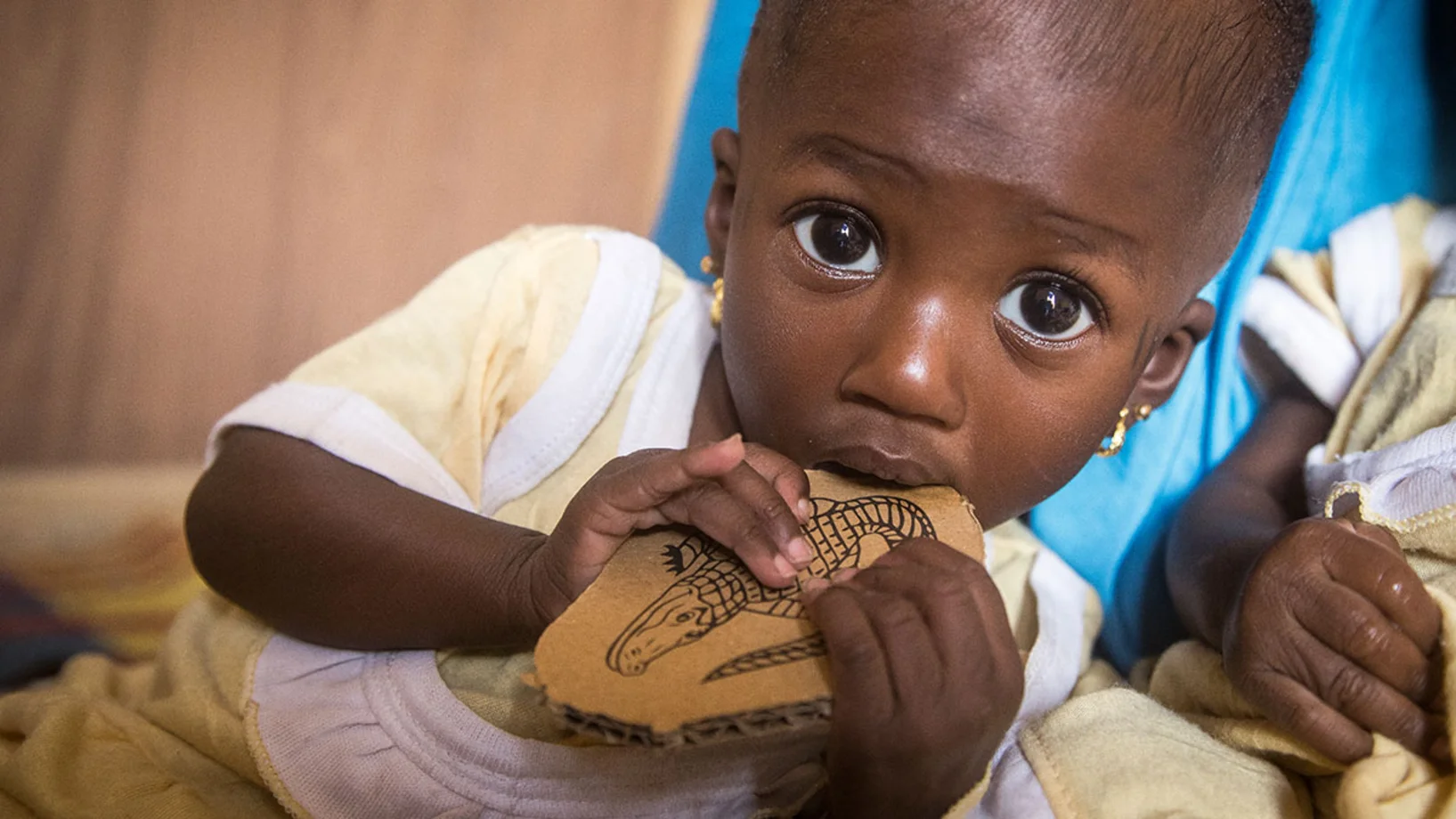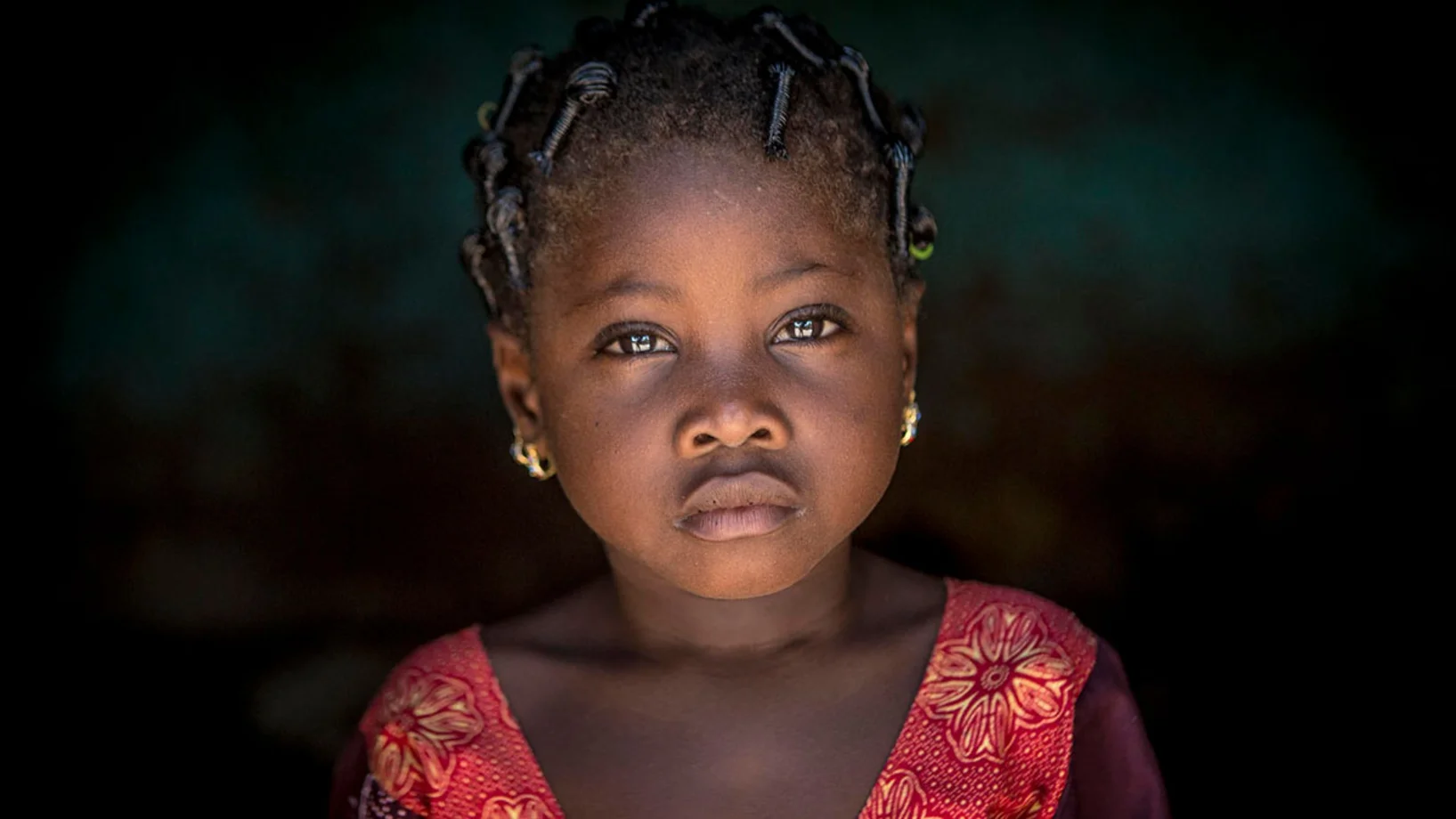Armed conflict, natural disasters caused by climate change, and now the coronavirus pandemic are having a huge impact on the countries of the central Sahel. In Burkina Faso, Mali and Niger, 7.3 million girls and boys are dependent on humanitarian aid.
children in Mali
children in Burkina Faso
children in Niger
The situation
The central Sahel, which includes the three African countries of Burkina Faso, Mali and Niger, is facing a severe humanitarian crisis. Armed conflicts have been raging in the region for years, forcing millions of people to flee their villages. Among them are more than 1.1 million children.

“When we look at the situation in the central Sahel, we cannot help but be struck by the scale of violence children are facing. They are being killed, mutilated and sexually abused, and hundreds of thousands of them have had traumatic experiences.”
In addition to the violence, the population also repeatedly experiences devastating natural disasters as a result of global warming. Hunger and malnutrition are inseparable consequences of disasters such as floods, droughts and plagues of locusts. Over 750,000 children under the age of five are at risk of severe acute malnutrition and could starve to death.
At the same time, the central Sahel is among the regions of Africa most affected by COVID-19. Coronavirus is exacerbating an already critical situation for many children. In all three countries, schools have been closed to slow the spread of the virus. Even before the pandemic, around 8 million girls and boys between the ages of 6 and 14 were not attending classes. This figure has now risen to around 12 million. School closures increase their risk of recruitment by armed groups, sexual exploitation, child labor, and other forms of exploitation and abuse.
A further negative impact of the pandemic is that many governments have suspended mass vaccination campaigns targeting diseases such as measles, polio and diphtheria for safety reasons. Millions of children worldwide are now at risk of contracting these preventable diseases, which could lead to devastating outbreaks in the near future.
How UNICEF helps
With your support, UNICEF can play an important role in slowing the spread of coronavirus in the central Sahel and mitigating its sociopolitical impact.
- We are providing relief supplies such as soap, medical items and protective equipment.
- We are educating children and their families about the importance of simple hygiene rules such as handwashing, so that they can protect themselves.
- We are training young people, with the support of health experts, to answer questions about COVID-19 sent by other young people via text message.
- We are distributing solar-powered radios so that children can continue to participate in classes via a radio program during school closures.
- We are working continually to provide more people with access to washing facilities.
- We are committed to ensuring that there are safe points of contact for reporting child abuse and neglect.


